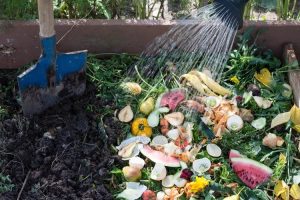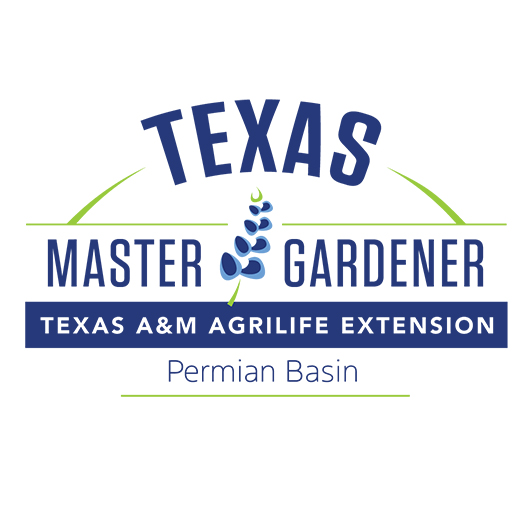By Debbie Roland and
Emmy Ulmschneider
Master Gardeners
Every so often we do a new article on compost for new readers or those developing an interest in gardening. So here you go – Compost 2023!
Simply put composting is putting organic material into a container or just a pile and letting it decompose so that they can be reused as nutrients for your plants. It truly is the circle of life. By the time this article is published the leaves will be falling off the trees. Don’t let them go to waste. Gather yours, gather your neighbors (with permission of course). Put the word out and soon you will have all the leaves you need.
Start by choosing a location and a bin you will use. The price variations and sizes are very different. Your outside bin should not be too close to the house because once decomposition starts there will be bugs and worms doing their jobs. You will also want to be close to a water source since wetting it will be a weekly job.
Now, collect your material to be composted. The organic materials needed for composting fall into two categories: brown and green. This is sometimes confusing so this list may help:
Brown (Carbon)
- Newspaper
- Paper
- Saw dust
- Small twigs
- Straw
Green (Nitrogen)
- Peelings
- Coffee grounds
- Eggshells
- Leftovers
- Barnyard manure (but not dog or cat)

This is far from a complete list. Most sites do not recommend using meat or dairy because they draw animals you may not want in your yard. Everything that was ever alive can be composted. We will say that you should NEVER use anything that has pesticides, herbicides or that was pulled because it was a diseased plant.
You will read when doing research that you MUST have 80% carbon and 20% nitrogen or some similar percentage. This is not an exact science. Just use what you have. If you end up with a 50/50 mixture it will still compost. Think of the forest floor. Everything that falls there will compost without human help. Your pile or container will compost with or without you, but your help will speed things along. Do shred your paper, kitchen scraps, and straw into the smallest pieces possible before adding them. The smaller the pieces that you add to your pile, the faster you will enjoy your completed compost.
It is important to keep your pile or container moist. The composting material should feel like a wet sponge. Weekly watering is usually sufficient but be sure to check it during the summer as you may need more frequent waterings. Turn the pile regularly. If you do not have a barrel type container that you can turn, a pitchfork can be used about every two weeks. Again, this is not exact science. If you are a day (or a week) late don’t be alarmed, just do it and move on with your life.
Most serious composters use a thermometer to tell when their compost is “heating” and when it begins to cool down. When it is heating (decomposing) the temperature can reach 160 F. Once it begins cooling down, it means the process is slowing and you can expect compost soon.
Don’t be afraid to start, you can’t mess this up. There may be trial and error but after all that is the fun part of gardening. For more information try westtexasgardening.org/post/composting-in-the-desert or westtexasgardening.org/post/compost-or-mulch
If you have questions, call the AgriLife office in Odessa at 498-4071 or in Midland at 686-4700. Additional information, and our blog for access to past articles, is available at westtexasgardening.org. Click on “Resources.”




